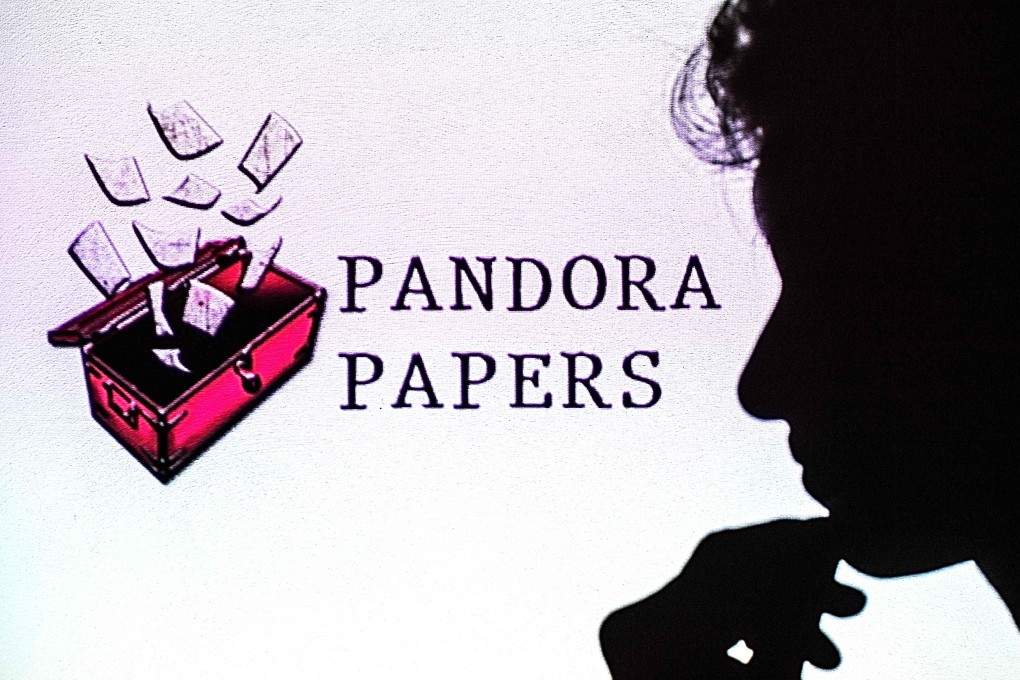My Take | US cracks down on tax havens, then becomes one
- The Pandora Papers expose the central role some US states, as well as major legal and financial institutions, play in helping some of the world’s richest and most powerful people hide assets and dodge taxes

The Pandora Papers have understandably upset many rich and powerful people around the world. We even have a few of them in Hong Kong.
But, as some critics such as Ben Norton, an editor at the investigative news site The Grayzone and Hu Xijin, chief editor of the nationalistic tabloid Global Times, have pointed out, the papers do not name a single American politician, leading them to suspect the whole leak might have been “a hack by US spy agencies”.
That may be so. But they underestimate the extent the Pandora Papers have exposed how some states, as well as major financial and legal institutions, in the US, form the nexus that makes it possible for rich and powerful people to hide their wealth with legal covers.
Most news reports have focused on the leaders and billionaires involved. What I find equally revealing are their global networks formed and enabled by some of the most respected legal and financial institutions in the US and Europe. As the papers put it, “[it’s about] how the rule of law has been bent and broken around the world by a system of financial secrecy enabled by the United States and other wealthy nations”.
Most of the tax-dodging and wealth-hiding methods and cases exposed are technically legal or at least make criminality extremely hard to prove. That is the real outrage.
